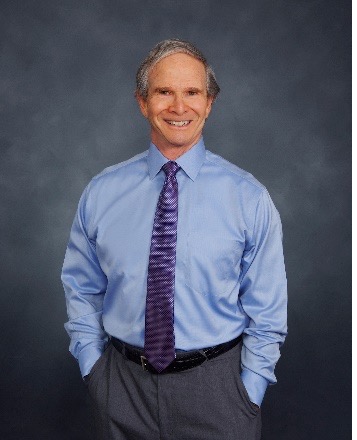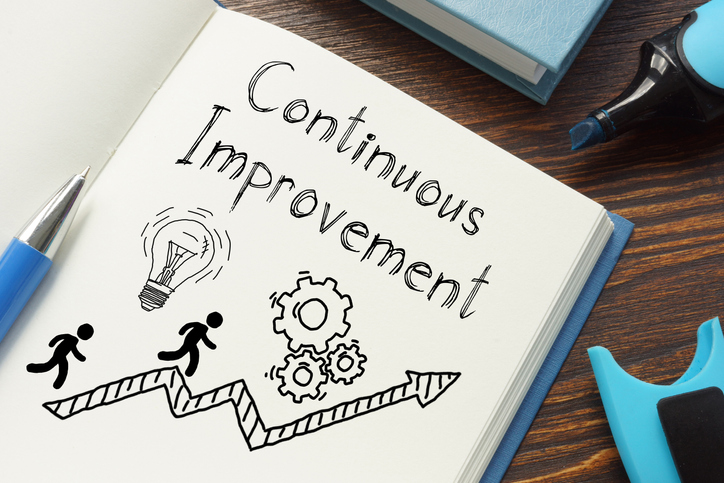“Emotional Intelligence helps you connect with your feelings, turning that into action, and making informed decisions about what matters most to you.” Peter Margaritis
To succeed in the highly competitive world of financial consulting, accounting professionals must possess the right mix of technical experience and soft skills, or think of them as power skills, or better yet, emotional intelligence — EI. EI plays an increasingly significant role in today’s business environment. Therefore, you must optimize your EI to improve your bottom line and increase your organization’s job satisfaction, engagement, and retention rates.
EI is the ability to understand, use and manage your own emotion in positive ways to relieve stress, communicate effectively, empathize with others, overcome challenges and defuse conflict. EI helps build stronger relationships, succeed at work, and achieve your career and personal goals. It can also help you connect with your feelings, turn that into action, and make informed decisions about what matters most to you.
The four components of EI are defined as self-awareness, social awareness, self-management, and relationship management. Self-awareness entails how you understand your emotions and how they affect your thoughts and behavior. Self-management refers to controlling and managing yourself and your feelings, resources, and abilities.
In social awareness, you assess whether or not you recognize the emotions in others. It is about reading the emotional landscape and responding with empathy. Social awareness skills will help us understand professionalism in the workplace and make it easier to share information, communicate, and collaborate with others. Social awareness is a fundamental part of creating relationships with the people we work with and the customers and clients we need to build our businesses.
When we understand the top three elements of EI and apply them correctly, CPAs can begin to develop and maintain good relationships, communicate clearly, inspire and influence others, work well on a team and manage conflict. Improving your EI requires that managers first understand how people feel about their jobs and help them to improve morale.
Three main elements, empowerment, meaningful work, and recognition, can drive and engage workers to stick around even when they’re unhappy with their pay or leadership. However, disengaged employees are three times more likely than engaged ones who quit within six months, resulting in a loss of productivity and cost amounting up to $3 million per year.
Improvisation plays a critical role in EI. In business, life, and sports, EI separates high performers from mediocre and average performers. Improvisation is the ability to adapt to change. It is the yes and philosophy of improv and EI leadership. This skill is also crucial for career development. Improvisation allows people who may not have a natural knack for talking themselves out of trouble to get creative by thinking on their feet.
Think about how you build an EI culture in your organization from start to finish. The first thing is to hire people skilled at managing their emotions and reading those of others and then develop a culture that promotes the skills, so employees see the value in developing EI.





